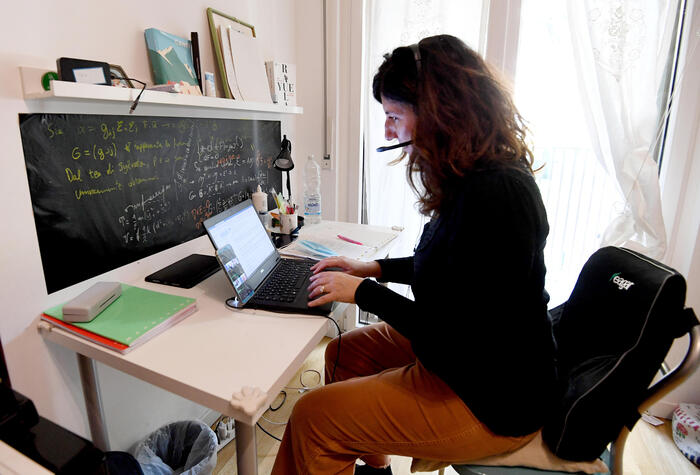The concept of work in Italy and Europe has changed in the last two years: the pandemic and the need for emergency interventions to contain it have led to a boom in working from home, i.e. smart working.
Suffice it to say that in Italy alone it has gone from less than half a million agile workers to over 5 million in smart working in two years.
A change that has brought advantages and disadvantages for those who face work from home, as confirmed by the report on well-being in work from home 2022 by NFON, which interviewed smart workers from six European countries, understanding how they live the new situation.
According to the data collected in six European countries, in fact, for more than 1 worker in 3 the new situation has increased stress.
Smart working weighs heavily on employees above all due to the absence of social interaction with colleagues.
The joke with the neighbor, the coffee break to have a chat, but also the opportunity to exchange opinions and ask for help from a colleague / friend creates greater stress for 36% of the interviewees.
To worsen the state of those who work from home there is also the difficulty in clearly dividing working life from private life, technological stress - often with connection problems - and the fact of being contactable without a well-defined working time.
But if smart working for 1 in 3 workers means missing colleagues, on the other hand this new reality gives a sense of well-being to over half of the interviewees.
57.3% of workers, in fact, believe that working from home is an advantage because in this way you have the possibility to avoid colleagues who disturb while you work or with whom you have no affinity.
For 38.3%, on the other hand, smart working is positive because you can continue working even if you are sick.
Another paradox that emerges from the research concerns the balance between work load and free time.
In fact, for almost 3 out of 10 workers, the workload has increased with smart working, while for 1 out of 4 workers the number of hours he devotes to work has increased.
But as work increases, at the same time 36% of respondents working from home have more time to devote to family and friends, while nearly 3 out of 10 workers can play more sports than before.






